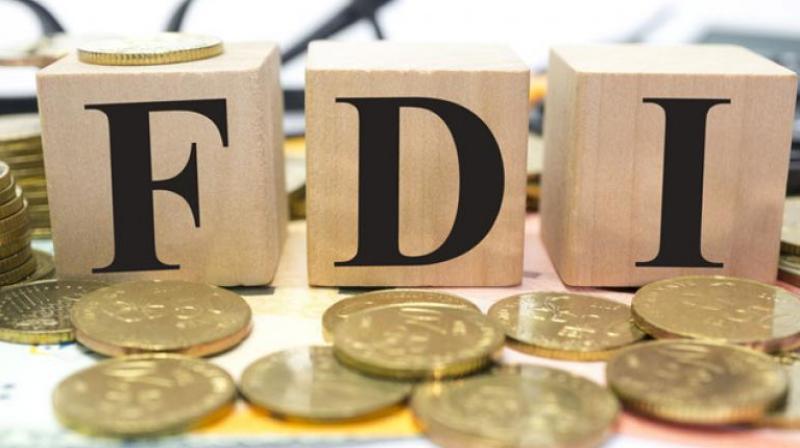PMO ask depts to provide enabling framework to attract FDI
FDI into the country grew 22 per cent to USD 35.85 billion during April-December of 2016-17.

New Delhi: The Prime Minister's Office (PMO) has asked all the ministries and departments to modify enabling framework and regulations in tune with the liberalised FDI policy with a view to attracting more foreign investment.
These directions were issued at a high-level meeting of senior officials called by the PMO recently.
The meeting deliberated upon various issues pertaining to different departments, including financial services, consumer affairs, defence, home affairs, commerce & industry, space, and pharmaceuticals.
In the meeting, it was pointed out that significant reforms have already been carried out in the foreign direct investment policy (FDI) and now it is for the departments concerned to provide an enabling framework to attract foreign investors, official sources said.
The government in the last two-and-a-half years has relaxed FDI policy by removing sectoral caps and placing several sectors under the automatic route.
According to the sources, the Department of Financial Services was suggested to discuss with the Department of Industrial Policy and Promotion a proposal to allow 100 per cent FDI in insurance broking.
The issue of permitting 100 per cent foreign investment in ATM and cash management companies was also discussed in that meeting.
Similarly, the Ministry of Chemicals and Fertilisers was asked to come out with a document on future roadmap on the sector which can act as a guide for investors.
The Department of Pharmaceuticals was suggested to formulate a comprehensive medical devices policy, which is important to achieve full benefit of the liberalised FDI policy for the sector.
The government wants these issues to be in place as it would help provide a conducive investment climate to investors besides create jobs and boost economic growth of the country.
FDI into the country grew 22 per cent to USD 35.85 billion during April-December of 2016-17.
Foreign investment is considered crucial for India, which needs around USD 1 trillion for overhauling its infrastructure such as ports, airports and highways to boost growth.
A strong inflow of such investments also helps improve balance of payment and strengthen the rupee against other global currencies, especially the dollar.

